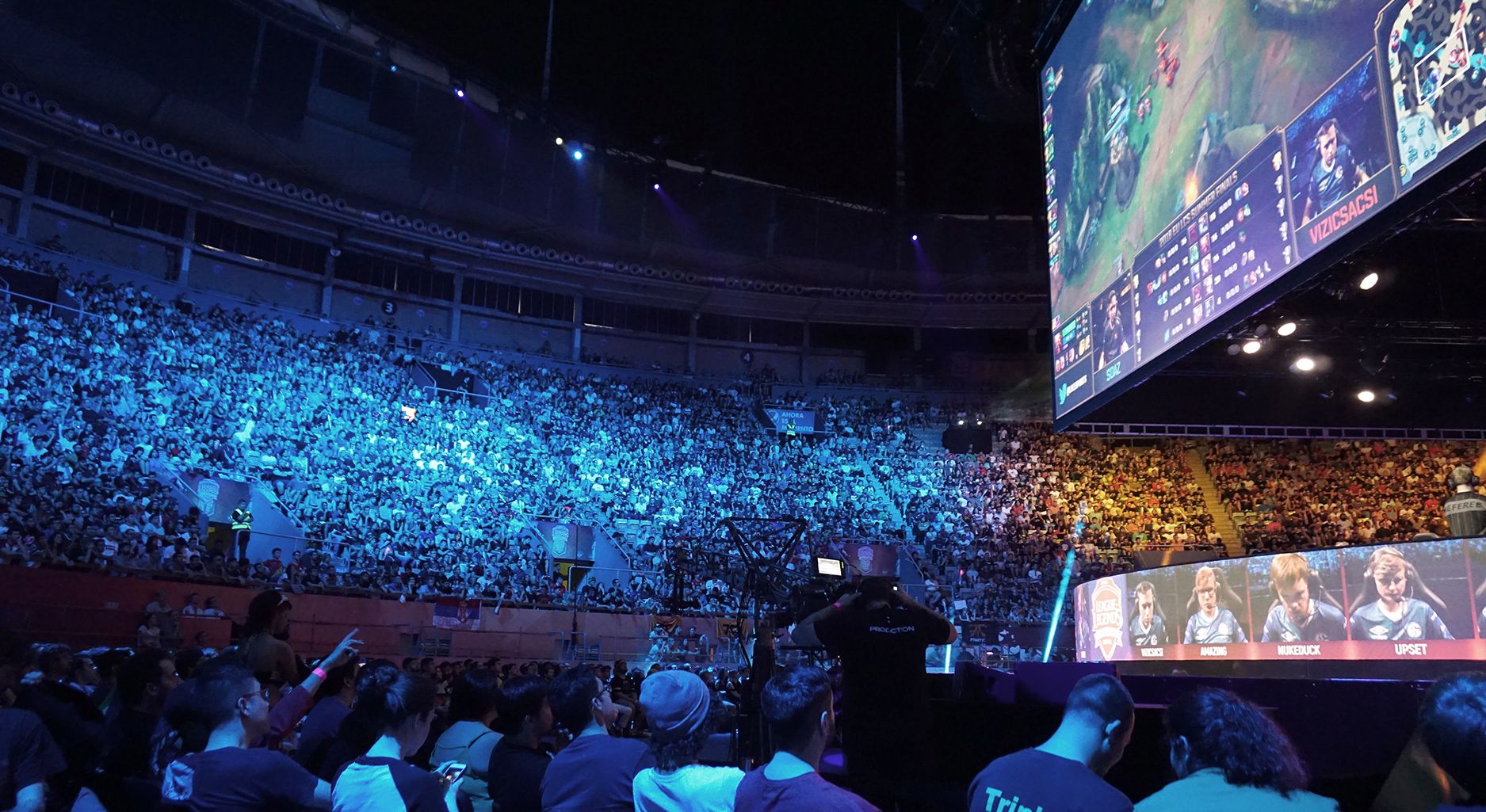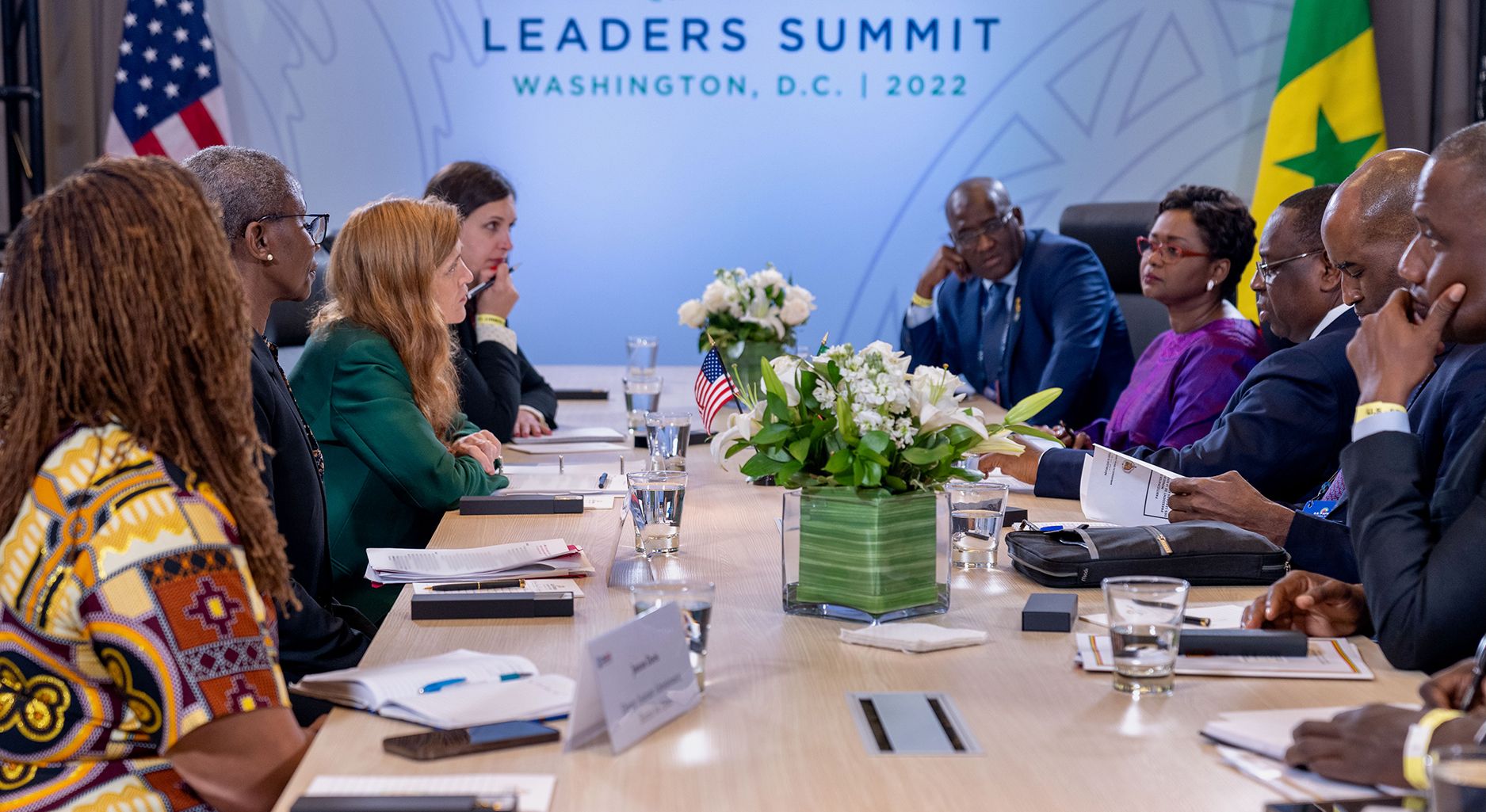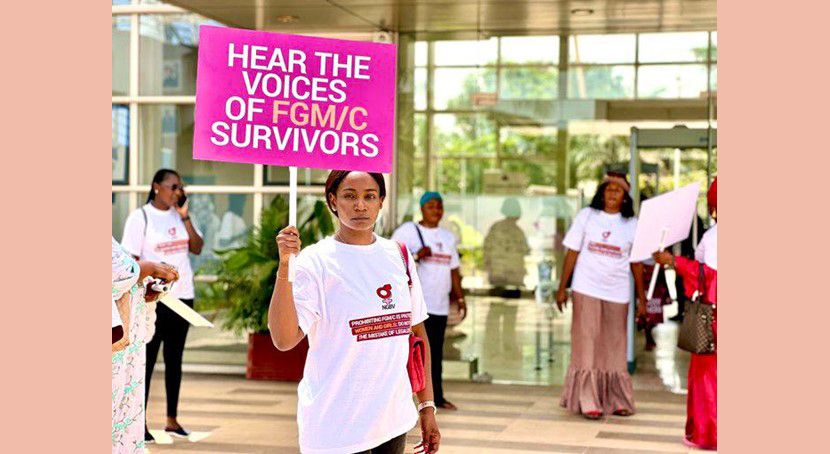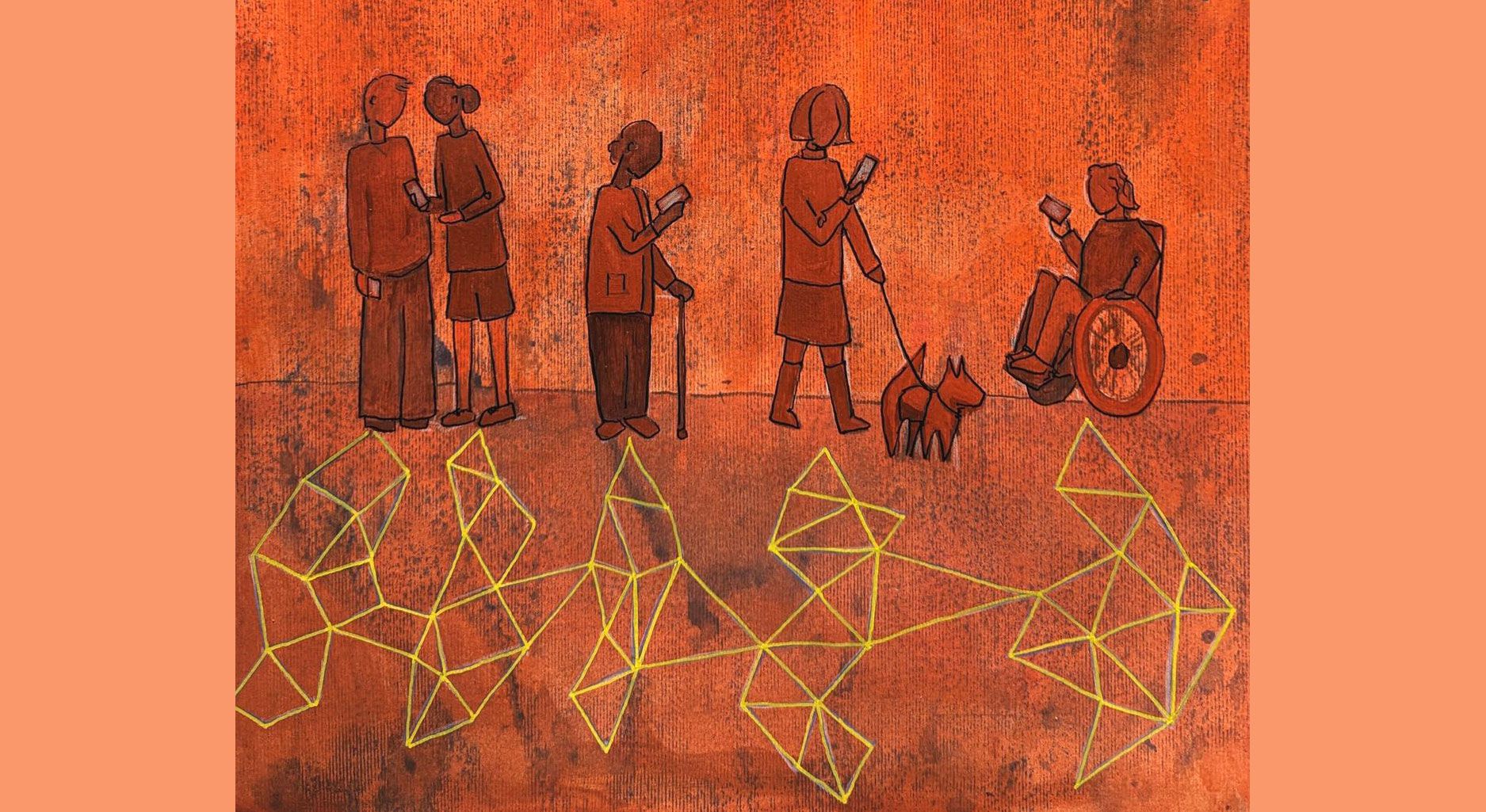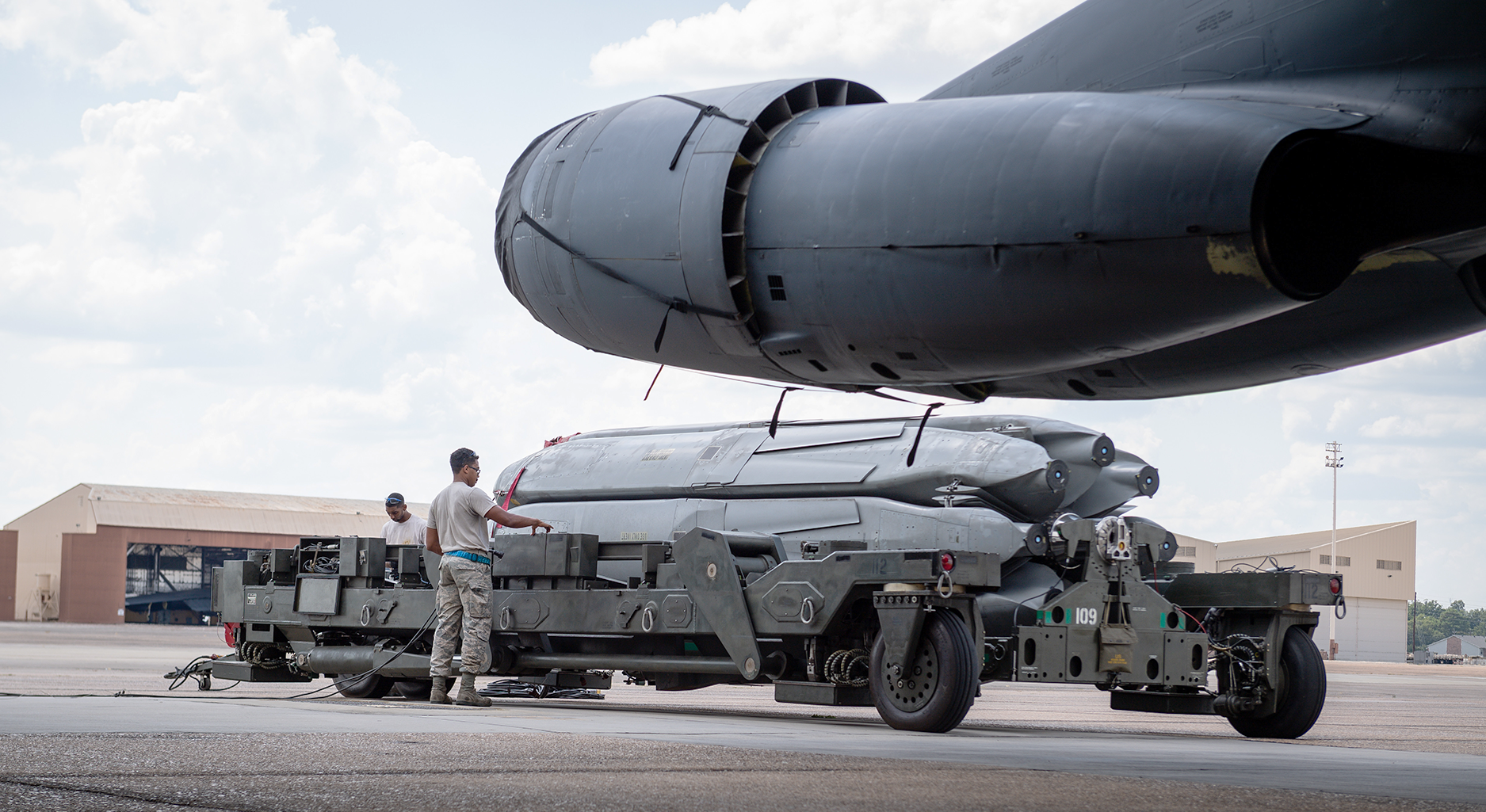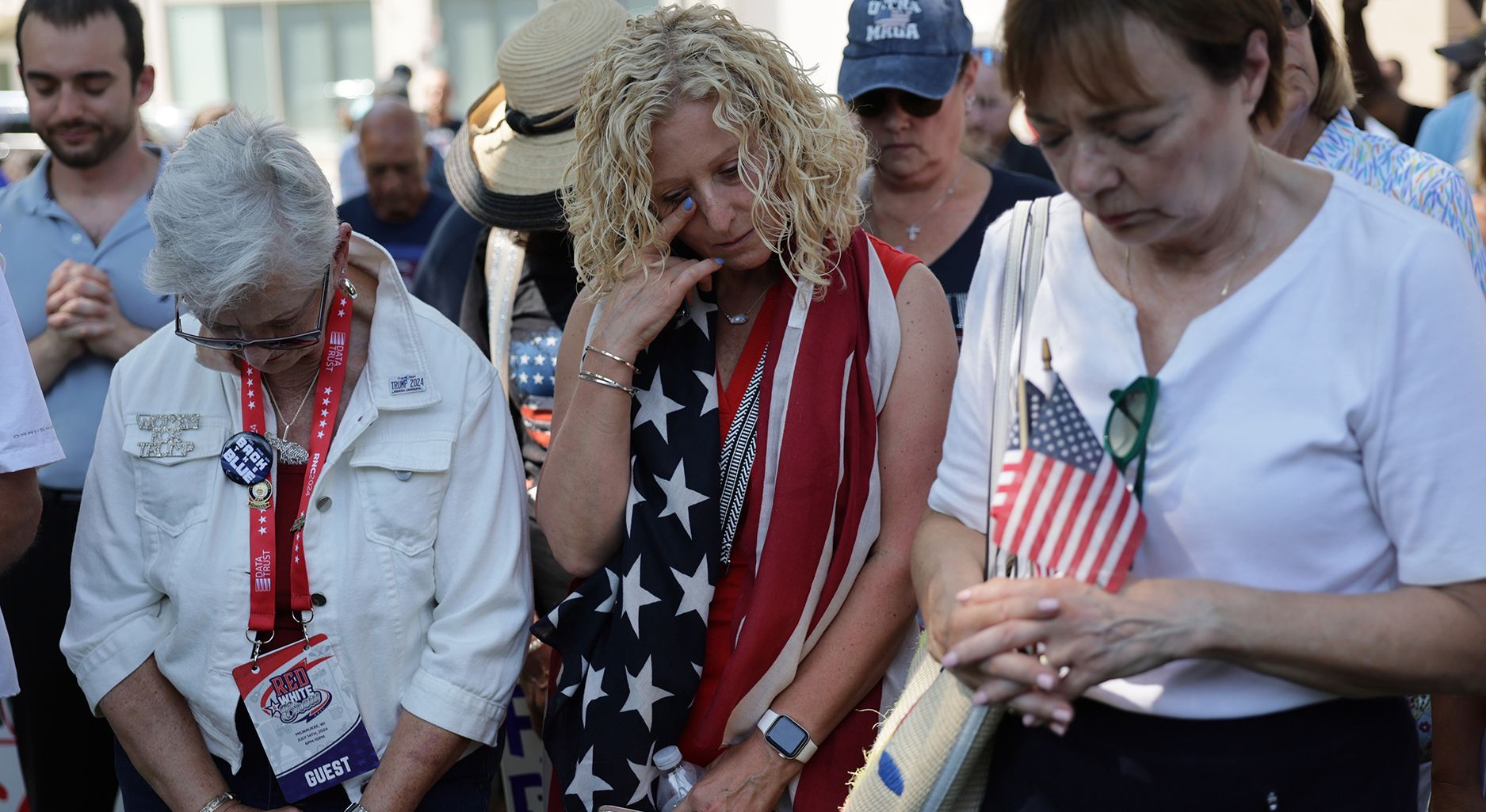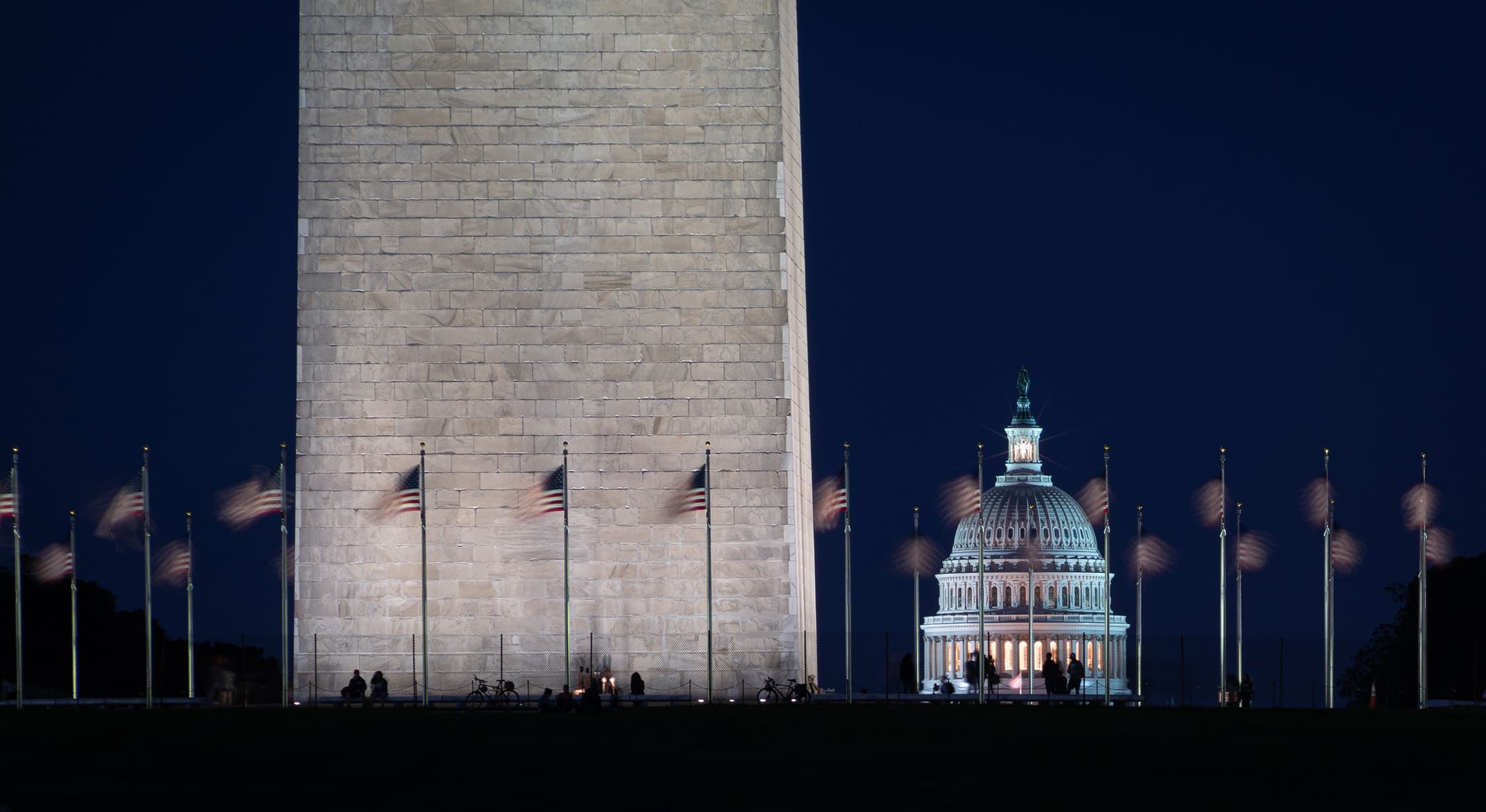Die Debatte zur Nutzung von Gaming-Plattformen durch radikalisierte Akteur*innen hat sich infolge...
Von Streamern, Gamern und Bad Actors – Antidemokratische Kommunikationsformen auf Streamingplattformen
Livestreaming ist in den Fokus der Radikalisierungsforschung gerückt. Der 2019 verübte...
The New US Administrations’ Africa Policies: What to Expect and Why it Matters
In terms of foreign and security policy, the pivot to Asia will define the tenure of the next US...
Pixel, Politik, Polemik – Digitale Gaming-Welten als politische und gesellschaftliche Diskursräume
Videospiele sind ein wachsender Wirtschaftszweig und eine beliebte Freizeitbeschäftigung. Gaming-...
Keeping up the Ban against FGM/C: A Strong Signal for Reproductive Health and Rights from The Gambia to the World
Despite a 2015 ban, Female Genital Mutilation/Cutting (FGM/C) remains practiced in The Gambia. A...
Going to the Polls (Dis)Informed? The Role of Disinformation in the Upcoming US Elections
On July 21, 2024, Joe Biden announced that he would be dropping out of the race, only a week...
With or Without you: Climate Policy After the US Elections
The potential re-election of Donald Trump would be a setback for the US climate policy of recent...
US-amerikanische Nuklearwaffenpolitik nach der US-Wahl 2024: Das Ende der nuklearen Abrüstung?
Seit Ende des Kalten Krieges haben die Vereinigten Staaten die Größe ihres Nuklearwaffenarsenal...
Kein Innehalten und keine Zäsur – es geht einfach weiter
US-Präsidentschaftskandidat Donald J. Trump entgeht einem Attentat. Bereits Sekunden nach der Tat...
Preparing for the Worst: A PRIF Blog Series on the US Elections in November
The presidential elections in the United States this November come with incredibly high stakes –...

